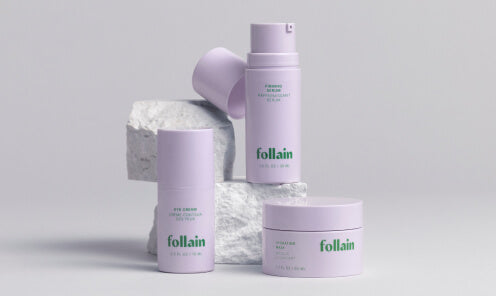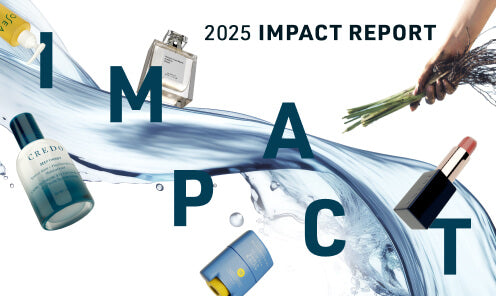Clean beauty means more than just clean ingredients but ethical practices around those ingredients. See how Credo is trying to clean things up in the Mica mining industry...and keeping all our clean beauties shimmering (with a clean conscience.)
by Mia Davis, Director of Environmental and Social Responsibility
Credo Beauty's mission is to create a safer, more sustainable, more ethical beauty industry— this is what Credo calls "clean beauty." An early leader in the space, Credo is now the largest, fastest-growing clean beauty retailer in the country.
Credo has recently joined The Responsible Mica Initiative (RMI), a global "do-tank" committed to establishing a fair, responsible and sustainable mica supply chain in the states of Jharkhand and Bihar in India. RMI's goal is to eliminate unacceptable working conditions and eradicate child labor by 2022.
Mica is a mineral commonly used in beauty products, especially makeup, since it imparts sparkle, sheen and brightens. While mica is a safe and natural cosmetics ingredient, it is not "clean" by Credo's standards, as it is often mined by child workers in India, where the majority of the mica used in the beauty industry is sourced.
Approximately 90 percent of the mines in Jharkhand and Bihar are unregulated.
Instead of attending school, approximately 22,000 children may be working in mica mines. Although Indian laws prohibit child labor, they are just not enforced. Mining can be extremely dangerous, and the pay for the work is shockingly low.
India is considered the most important country supplying natural mica because it is largely considered the best quality, with the largest volumes and lowest prices. The area is very impoverished and boycotting mica mining altogether would hurt the income of local families.
Mia Davis Credo's Director of Environmental and Social Responsibility says,
"Clean beauty is not only about safer formulas with more plant-based ingredients. Ethical production needs to be a part of the 'clean' movement. Compensating people with a living wage and ensuring safe working conditions is crucial. Credo has joined RMI to work with other stakeholders to call for these basic human rights."
RMI uses a multi-stakeholder approach that engages companies, civil society organizations, industry associations and governments. Together, they are able to develop and implement three integrated program pillars that will create responsible workplace standards, empower local communities and support the establishment of a legal framework for the mica sector.
Annie Jackson, Credo's Co-Founder and COO says,
"This is a complicated issue, and the supply chain is very murky, so processors' claims of 'no child labor' may be meaningless. We joined RMI so that we can work together with others in our industry. We know that can't change this issue alone, nor can we just stand by."
Credo will play more of a role in the RMI in 2020, joining the organization's working groups.

















